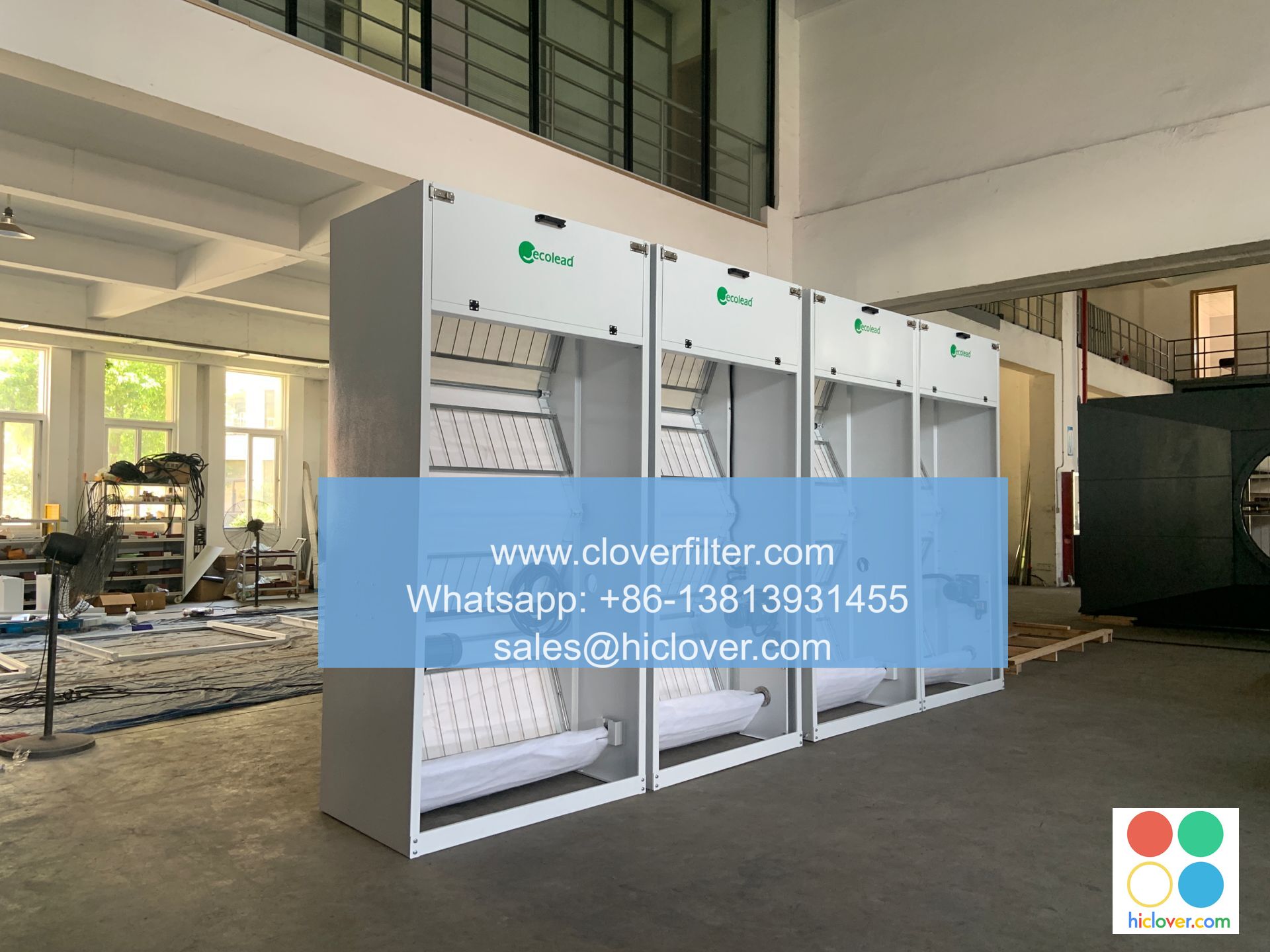The Top 5 Energy-Efficient Air Filter Mistakes to Avoid in Your Home

The Top 5 Energy-Efficient Air Filter Mistakes to Avoid in Your Home
Introduction
When it comes to maintaining a healthy and energy-efficient home, choosing the right air filter is crucial. With so many options available, it’s easy to make mistakes that can compromise both your indoor air quality and energy bills. In this article, we’ll explore the top 5 energy-efficient air filter mistakes to avoid in your home and highlight various application areas where correct air filter selection is vital.
Mistake #1: Not Replacing Air Filters Regularly
Regular air filter replacements are essential for maintaining good indoor air quality and energy efficiency. A dirty air filter can cause your HVAC system to work harder, increasing energy consumption and costs. Set reminders to replace your air filters every 1-3 months, depending on the type and quality of your filters.
Mistake #2: Installing the Wrong Type of Filter
Not choosing the right type of air filter can lead to decreased energy efficiency and compromised indoor air quality. Different filters are designed for specific applications, such as:
- HEPA filters for allergen and particle removal in homes with sensitive individuals
- Activated Carbon filters for removing odors and gases in homes with pets or smokers
- Fiberglass filters for basic air cleaning in well-ventilated areas
Ensure you choose the correct filter type for your home’s specific needs.
Mistake #3: Using Cheap or Low-Quality Filters
Cheap or low-quality filters may seem like an affordable option, but they can lead to reduced energy efficiency and decreased air quality. These filters may not capture pollutants, allergens, and particles as effectively, allowing them to recirculate in your home. Opt for high-quality filters with high MERV ratings (14-20) for better air filtration and energy efficiency.
Mistake #4: Neglecting to Filter Outdoor Air
In homes with poor outdoor air quality, not filtering outdoor air can compromise indoor air quality. Install air filters with an activated carbon layer to remove outdoor pollutants and improve indoor air quality. This is especially important for homes near highways, industrial areas, or areas with high pollution levels.
Mistake #5: Ignoring Air Filter Compatibility
Ensuring your air filter is compatible with your HVAC system is crucial for optimal energy efficiency and air quality. Consult your HVAC system’s manufacturer for recommended air filter sizes and specifications. Failure to choose the correct filter size can lead to reduced airflow, decreased energy efficiency, and even damage to your HVAC system.
Conclusion
Avoiding these common energy-efficient air filter mistakes can significantly improve your home’s indoor air quality and reduce energy consumption. By choosing the right type of filter, replacing it regularly, and selecting high-quality filters, you can create a healthier and more energy-efficient home. Remember to consider your home’s specific needs and consult your HVAC system’s manufacturer for recommendations on the best air filters for your system.
I’m here to assist you. What would you like to talk about or ask? Do you have a specific topic in mind, or are you looking for some help with something?

